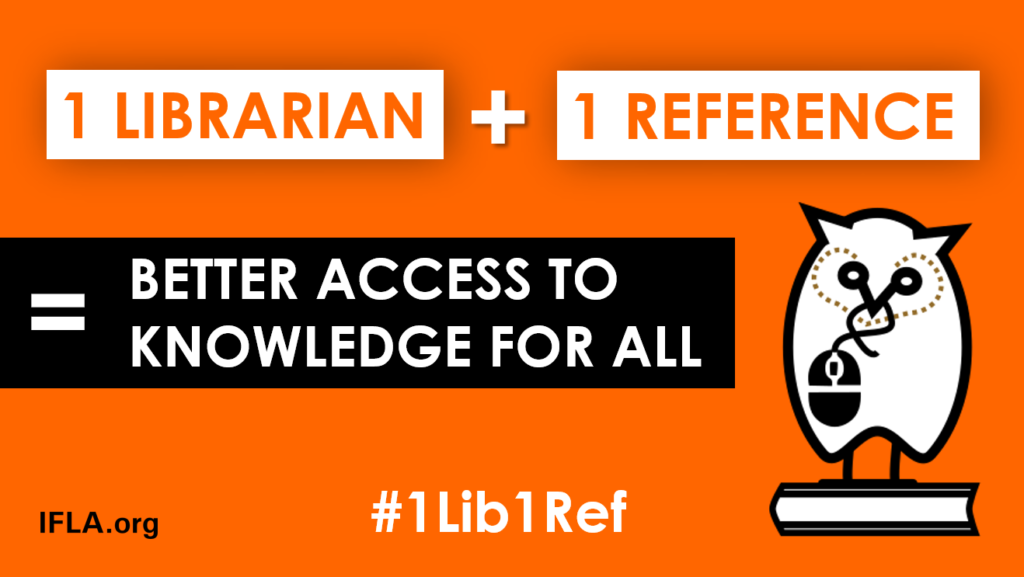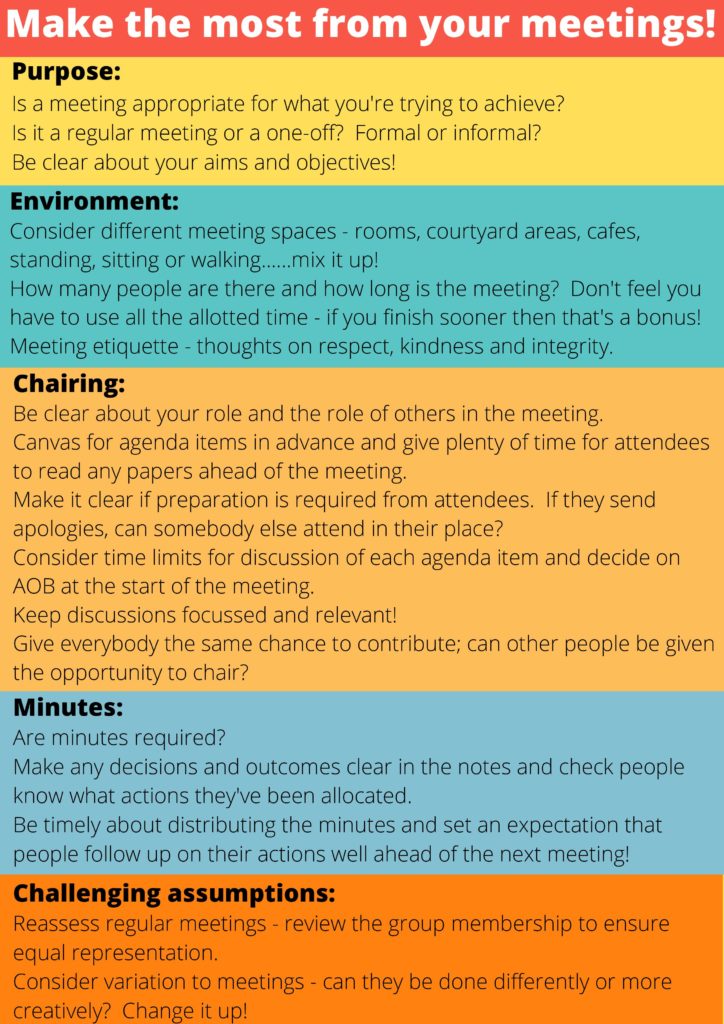By Nick Heavey

Most of us use Wikipedia every day to find out about the music of Ennio Morricone, the United States voting system or Extreme ironing (yes, extreme ironing). As much as students are dissuaded from using it, Wikipedia is one of the first places used when researching a new topic. A surprising number of people use Wikipedia healthcare information. In fact, a US study found that a large number of medical students used Wikipedia (67%), however, 65% did not know how to correct mistakes. [citation needed] When so much misinformation has become the fabric of public discourse, the need for accurate, up to date information with high quality sources is more important than ever. And you, dear librarians and library assistants, can help.
What is 1Lib1Ref then? (Librarian murmurs with anticipation.)
It’s short for One Librarian, One Reference and asks us, librarians, across the globe to add missing references to Wikipedia. Because everyone can edit a Wikipedia article, a core strategy of Wikipedia is to ensure that all articles include reliable sources, so readers can verify the information. On the English Wikipedia alone 173,662 articles have no references. I’m sure you’re asking yourself the question: What if every librarian in the UK, all 24 thousand of them, [citation needed] added a high quality references to Wikipedia? 24 thousand citations added are by user just in the UK, twice a year. Something that would take 15 minutes for each individual (Librarian looks at calendar on wall; all events crossed out in 2021) would have an immeasurable impact on not only the quality of the largest encyclopaedia, but one of the most used sources of knowledge on planet earth.
How can I get involved? (Librarian assumes wide legged heroic stance, arms outstretched; a tempestuous noise of thunder and lightning heard.)
First you need to find an article that needs a citation. This is easily done as on the English Wikipedia over 509,480 have been tagged with [citation needed]. If you’ve a something in mind, head to that page and have a look at its current state. Does it have missing citations? Does it have a header asking for additional citations?

What about the citations? (Librarian gazes ponderously into the middle distance)
Have you forgotten our old ally Library search, the sometimes buggy gateway to knowledge, lies at our finger tips 7.5 hours a day (minus lunch of course)? Through Library search we have access to some of the best quality research on earth. Whether that be databases on the history of women’s fashion or access to Nature journals. Right now, in the next 15 minutes, you can add a high-quality source to improve a Wikipedia article. Think about all the people who will be able to now locate a high quality source of information. (Librarian smiling from ear to ear, keeps smiling, ceases suddenly.)
What about humans without access to a university? You could also use the Directory of Open Access Books (DOAB) or the Directory of Open Access Journals (DOAJ), which will ensure that everyone can access the original source. For anyone new to Wikipedia watch this video on adding a reference to Wikipedia.
If you don’t have something in mind, then try using Citation Hunt. Watch this video on using citation hunt to find pages with need verification. Maybe you’d prefer to have a look at the list of articles which need tidying up. See the pages on how to participate for more suggestions.
(Librarian’s face assumes a steely resolve). Now no more questions. Immediately go to sleep and dream of a world of free and open knowledge at the point of use, which you helped to build. (Librarian exits, pursued by a crocodile.)
#1Lib1Ref: January 15th – February 5th and May 15th to June 5th.



